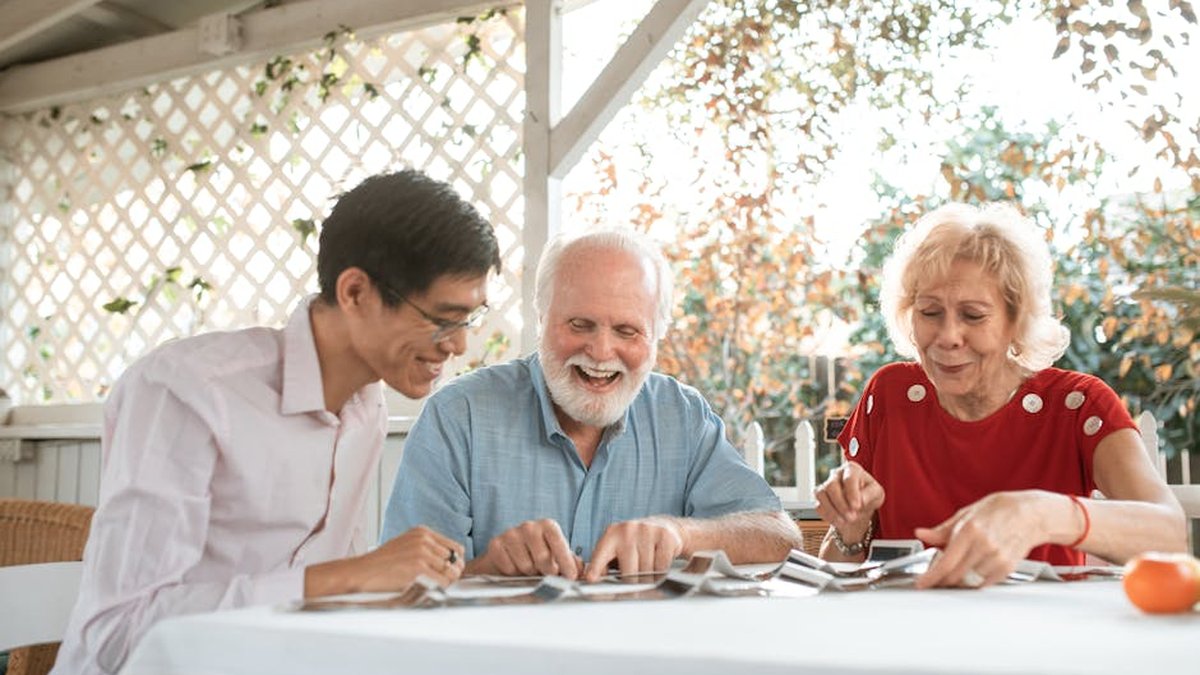Loneliness in Older Adults: Strategies for Connection and Support
Loneliness is a profound and often silent epidemic affecting older adults. While aging can bring wisdom and experience, it can also lead to increased social isolation due to factors like retirement, loss of loved ones, and declining health. It’s crucial to understand the impact of loneliness and explore effective strategies to foster connection and support for our aging population.
Understanding Loneliness in Older Adults
Loneliness isn’t simply being alone; it’s the subjective feeling of being disconnected and lacking meaningful social relationships. It’s the gap between the social connections we have and the connections we desire.
Causes of Loneliness
Several factors contribute to loneliness in older adults:
- Retirement: Loss of workplace social interaction.
- Loss of a Spouse or Partner: Grief and the absence of a primary companion.
- Geographic Isolation: Living far from family and friends.
- Declining Health and Mobility: Difficulty participating in social activities.
- Financial Constraints: Limited resources for transportation and social events.
- Sensory Impairments: Hearing or vision loss making communication challenging.
Impact of Loneliness
The consequences of chronic loneliness are far-reaching and can significantly impact both physical and mental health:
- Increased Risk of Physical Illness: Studies show a link between loneliness and increased risk of heart disease, stroke, and weakened immune system.
- Mental Health Issues: Loneliness can contribute to depression, anxiety, and cognitive decline.
- Increased Mortality Risk: Research indicates that loneliness can shorten lifespan.
- Reduced Quality of Life: Feeling isolated and disconnected can diminish overall happiness and well-being.
Strategies for Connection and Support
Combating loneliness requires a multi-faceted approach that addresses both individual needs and community resources. Here are some practical strategies:
Promoting Social Engagement
- Encourage Participation in Community Activities: Senior centers, community centers, and religious organizations offer a variety of social programs, classes, and events.
- Volunteer Opportunities: Volunteering provides a sense of purpose and connection to others. Many organizations welcome older adults as volunteers.
- Join Clubs and Groups: Shared interests, such as book clubs, gardening clubs, or hiking groups, can foster meaningful connections.
- Intergenerational Programs: Connecting with younger generations can bring joy and perspective. Consider volunteering at a school or mentoring a young person.
Leveraging Technology
Technology can play a vital role in bridging social gaps, especially for those with mobility limitations.
- Video Calls: Regular video calls with family and friends can provide a sense of connection, even when physical visits aren’t possible.
- Social Media: Online platforms can facilitate communication and connection with others who share similar interests.
- Online Games and Activities: Many online games and activities provide opportunities for social interaction and mental stimulation.
- Online Support Groups: Virtual support groups can offer a safe and supportive space to connect with others facing similar challenges.
Strengthening Family Connections
Maintaining strong family connections is crucial for combating loneliness.
- Regular Visits and Phone Calls: Make an effort to visit or call regularly, even if it’s just for a short chat.
- Family Gatherings: Plan regular family gatherings to foster a sense of belonging.
- Shared Activities: Engage in activities that everyone enjoys, such as playing games, watching movies, or going for walks.
- Active Listening: Take the time to listen attentively to your loved ones and show genuine interest in their lives.
Professional Support
Sometimes, professional support is necessary to address underlying issues contributing to loneliness.
- Counseling or Therapy: A therapist can help individuals address feelings of loneliness, isolation, and depression.
- Support Groups: Professionally facilitated support groups can provide a safe and supportive environment to connect with others facing similar challenges.
- Geriatric Care Managers: Geriatric care managers can assess individual needs and connect older adults with appropriate resources and services.
Creating a Loneliness-Free Community
Combating loneliness is a shared responsibility. By raising awareness, promoting social engagement, and providing support, we can create a more connected and compassionate community for older adults. Simple gestures like smiling at a senior in the grocery store, offering help with errands, or simply striking up a conversation can make a significant difference.
Remember, even small acts of kindness and connection can have a profound impact on the lives of older adults. By working together, we can help combat loneliness and ensure that our aging population feels valued, connected, and supported.






